When we say the word “philosophy”, the first image that comes to mind is a huuuuuuuuge pile of books. The second thought that comes to mind is too many questions and too few answers. However, that is only partially true. Philosophy is complex and difficult to understand, but it begins with having the will or the ability to think deeply about issues you’d normally never think about twice. And if you’re new to this genre, don’t panic. We’ve compiled a list of the great philosophy books out there, all of which are good for beginners as well as the finely nuanced philosophers.

Best Philosophy Books
The Second Sex, Simone de Beauvoir
Ah, if the world ever had a feminist writer, it was Simone de Beauvoir. This is a perfect book for those new to feminism and philosophy. Her text is simple and easy to understand, and it delves into the intricacies of the social position of women. And she also questions the difference between gender and sex. As she once said, "One is not born, but rather becomes, a woman."
The Prince, Niccolò Machiavelli
With only minor changes in the manner in which it is written, any newbie could easily mistake this Niccolò Machiavelli book for having been written last year, instead of 500 years earlier! In his time, Machiavelli was a great political theorist who loved to discuss politics and power and everything else related to it. If you’re into politics, then I highly recommend this book, which tops my list of the best philosophy books anybody can get their hands on!
The Republic, Plato
If metaphysics is where you’re at, don’t miss this one. Of course, newbies are recommended to buy this one with caution as it may have a little too much of philosophy in it, but if you think you can handle it, great! Topics discussed include kings, war, marriage, music and even sex!
The Social Contract, Jean Jacques Rousseau
This one was quite controversial in its times, as it questions the absolute authorities that monarchs exercised at that time, favours people ruling themselves (democracy), and delves into the intricacies of politics and how it can be worked to benefit the society. It doesn’t matter whether you agree or disagree with his point of view because that’s irrelevant. The most important point here is that the questions raised in the book are relevant even today.
Meditations, Marcus Aurelius
This one is about the spiritual discoveries of a political leader who struggled to find his place in the world. Marcus Aurelius was an intellectual Roman emperor and this book covers topics like human rationality, his emotions and virtue. It provides an excellent insight into the workings of a distraught mind, and is one of the best philosophy books on human psychology.
Meditations on First Philosophy, René Descartes
The book is divided into 6 parts. In each of his books, Rene contemplates and gives up on beliefs which she isn’t 100% convinced about, and then lays down beliefs which (according to her) are beyond doubt.
Beyond Good and Evil, Friedrich Nietzsche
You must have heard of Nietzche. This man goes on and completely spins the idea of morality by 180 degrees. And because that isn’t enough, he targets moral philosophers for being too limited in their approach to understand that good and evil cannot exist without the other.
Nicomachean Ethics, Aristotle
Again, I’d advise people new to philosophy to steer clear of this book. It’s for the seasoned philosophers. The essence of this book is just one question – how should a man best live? Aristotle argues that in order for men to be able to start discussing morals and justice, all need to have an agreement as to what is considered as true, which in turn would be the general consensus of people who’ve had a good upbringing. The book has been universally accepted as Aristotle's best-known work on ethics and by extension, one of the best philosophy books in the world.
Eichmann in Jerusalem, Hannah Arendt
A little background: Arendt was a Jew who fled from Germany to America during the Holocaust. The book is about Eichmann, a soldier for the Nazis, and his court testimony for his sins. She argues how, basically, men always have a choice even under a totalitarian rule and how thousands of Nazi soldiers chose to commit crimes as opposed to the running consensus that proper incentives can make people commit the worst of crimes.
The Prison Notebooks, Antonio Gramsci
Gramsci wrote these when he was in jail for supporting Marxism under a Fascist rule. You have to understand that since he was in jail, a lot of his text is unsystematic and not in order. Even so, he managed to write on an astoundingly high number of topics, include religion, fascism, culture, the French revolution and a lot more!
Man’s Search for Meaning, Viktor Frankl
The book is about a man sent to a concentration camp, and despite everything that is happening around him, he always manages to find the silver lining in the clouds. Since Frankl is a brilliant psychologist and writer, he is a master of capturing the emotions of the protagonist, who ultimately understands that we don’t control life – it controls us. Hands down one of the best philosophy books that you will ever get the opportunity to read.


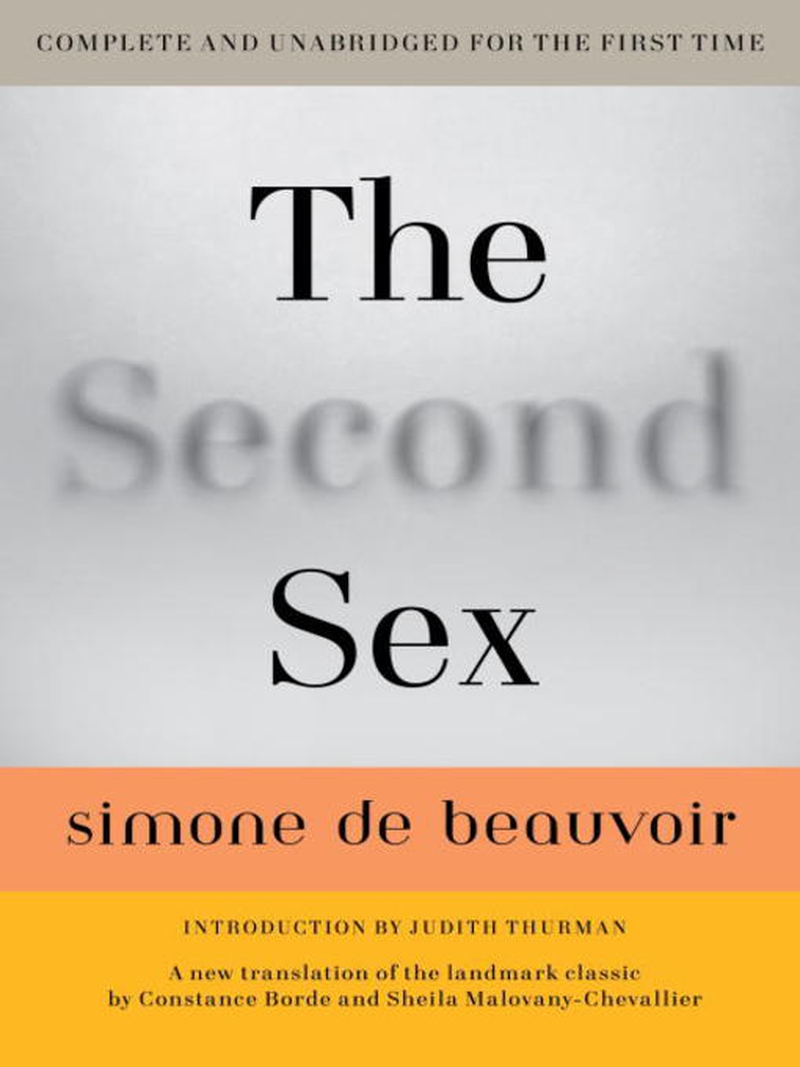
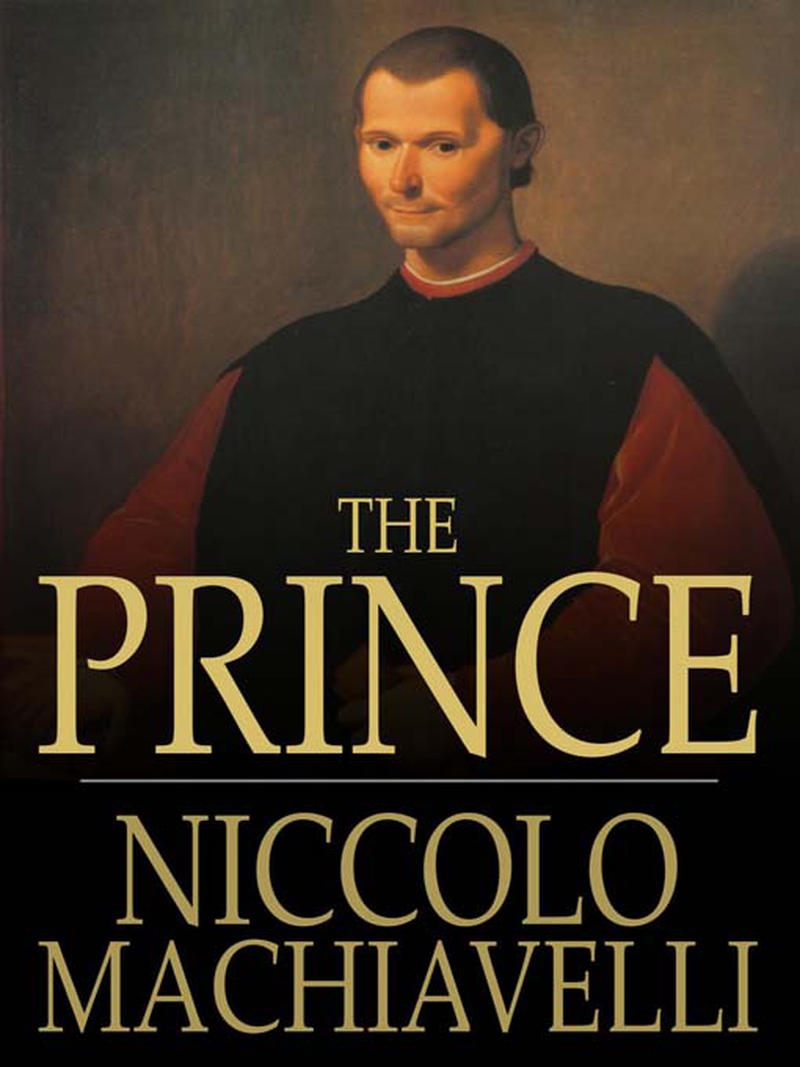
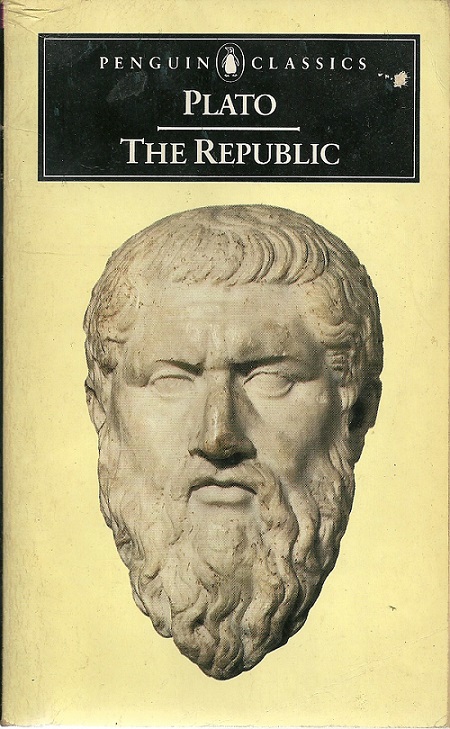
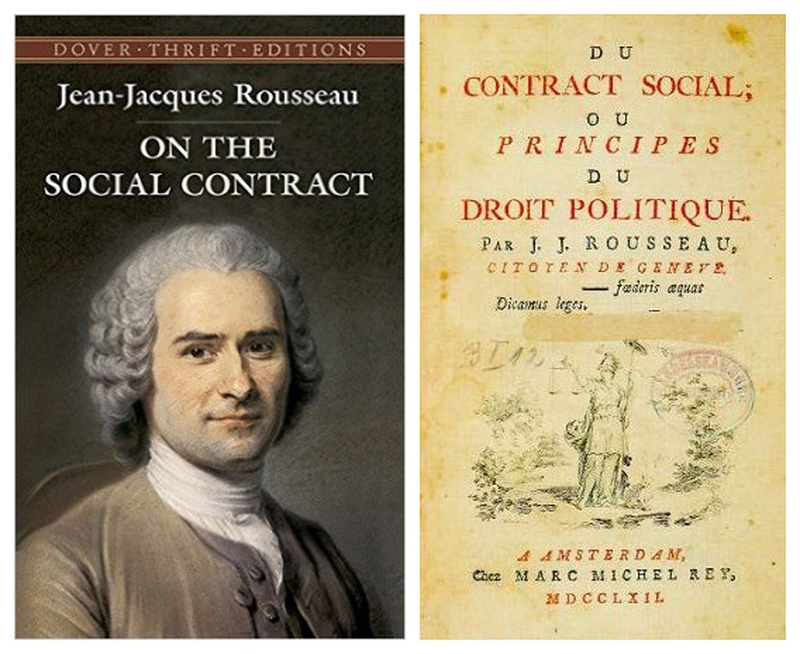
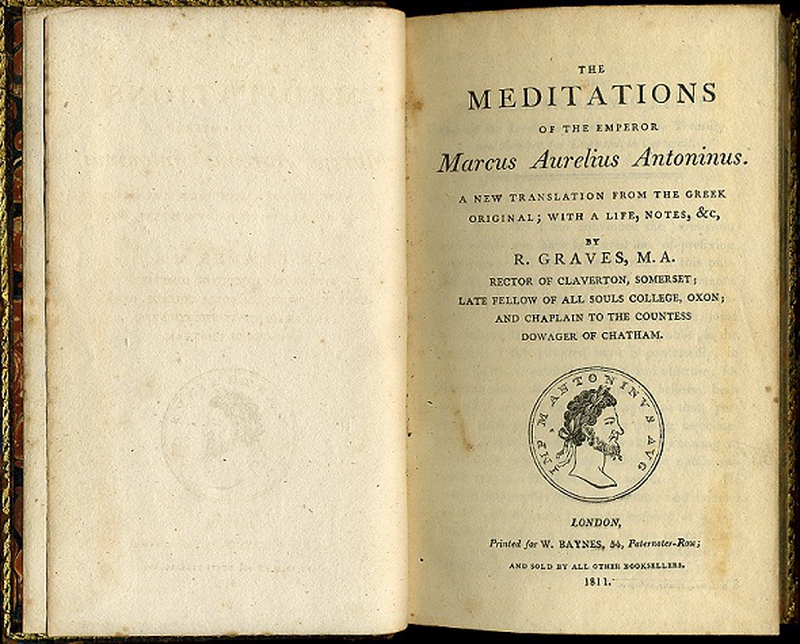
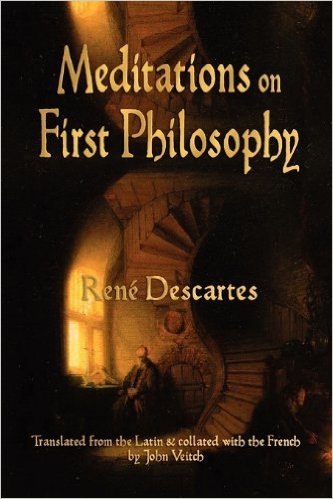
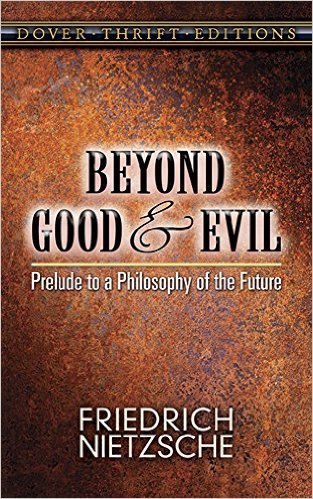
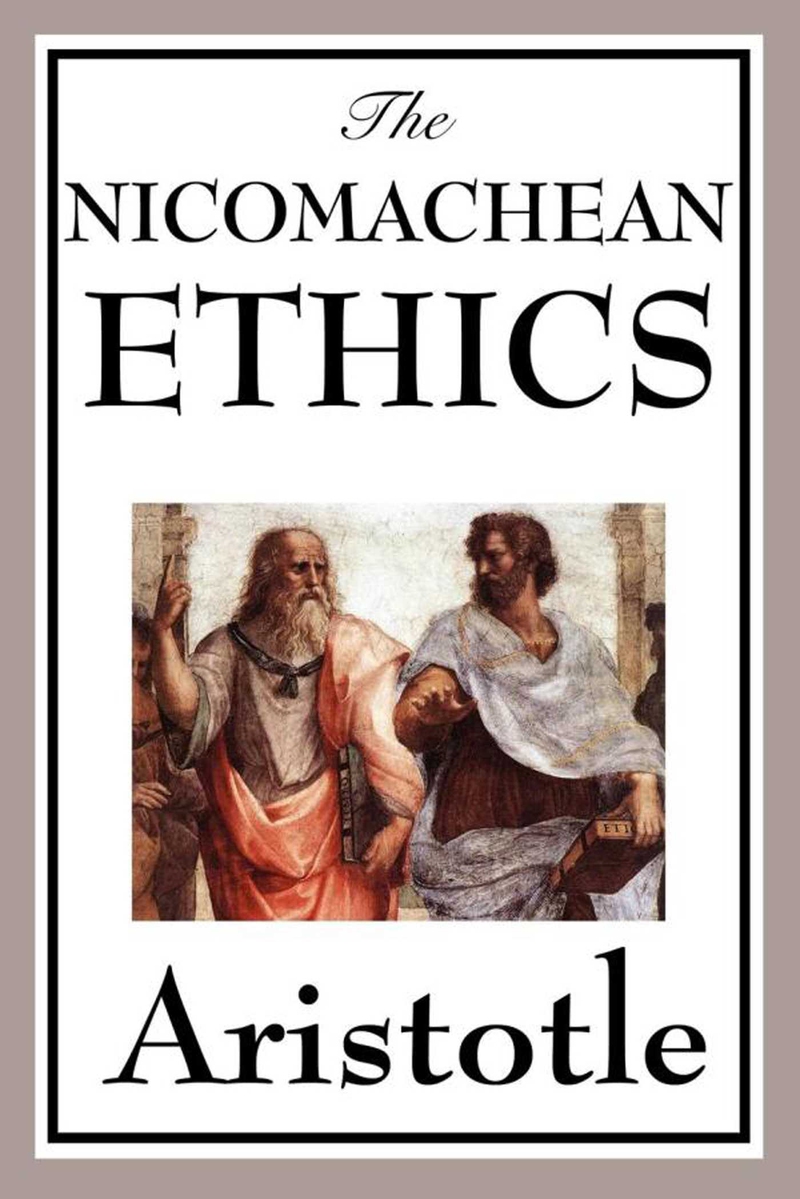

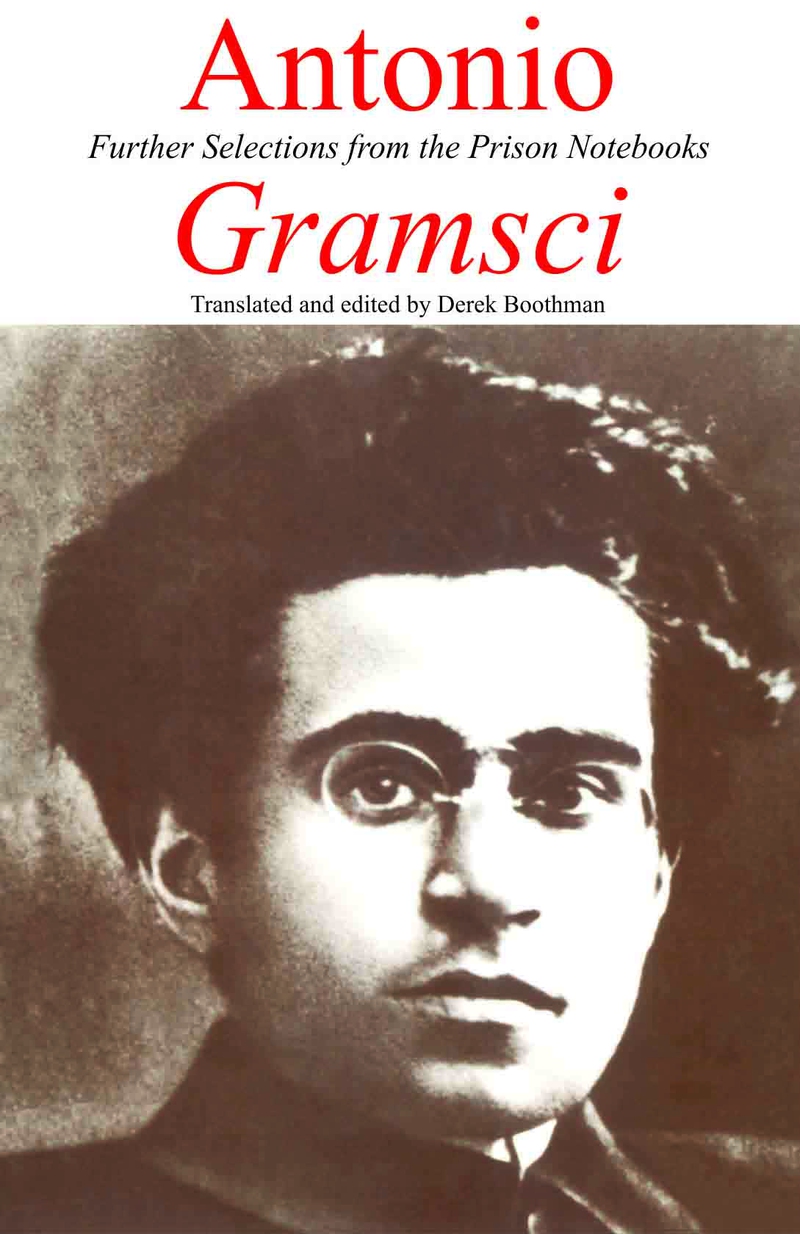
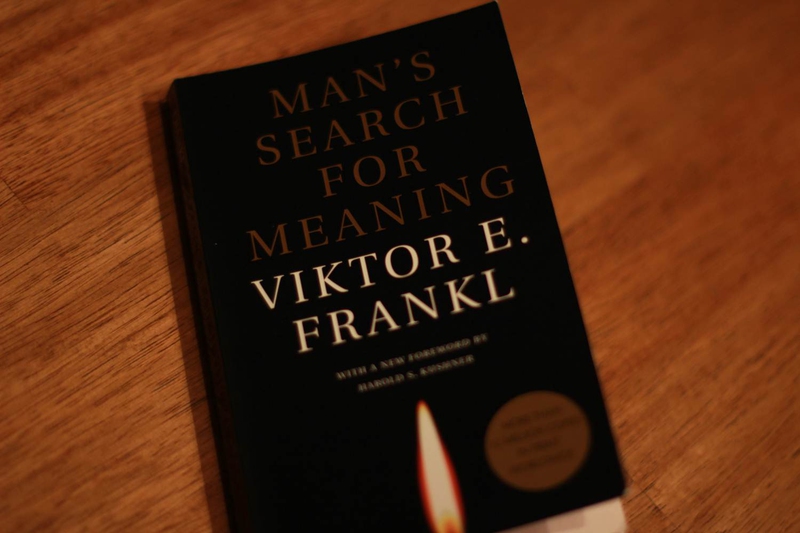
View All Comments /Add Comment